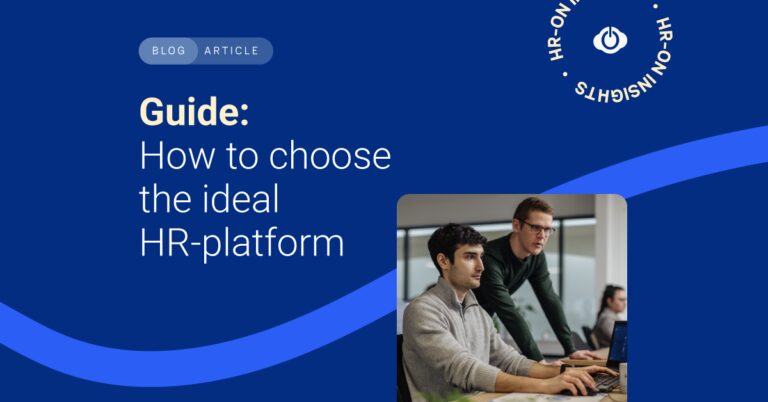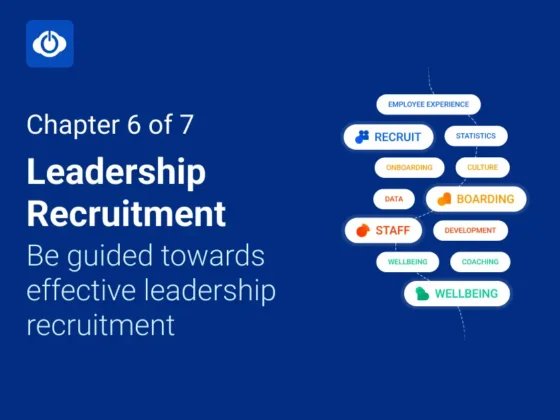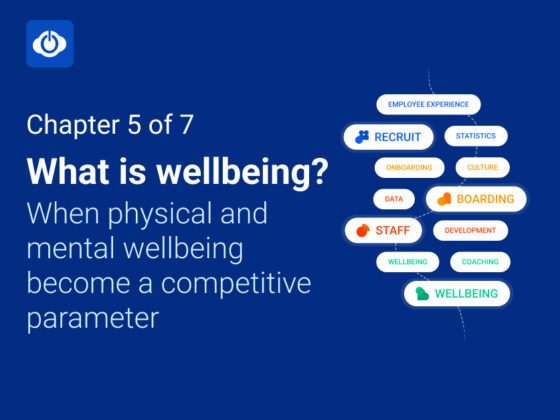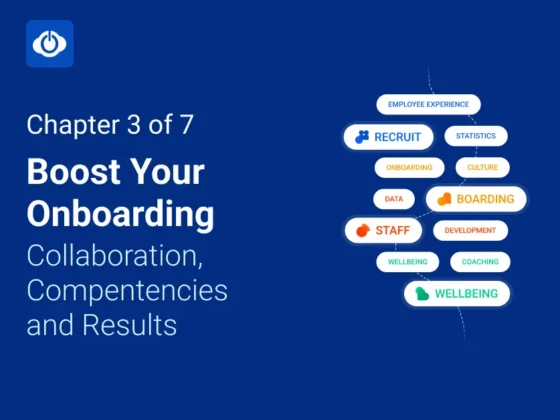Guide: How to Choose the Best HR Platform for Your Business
Welcome to the ultimate guide on selecting the best HR platform for your organization. Follow our 6-step guide to uncover everything you need to know about why and how to implement an HR platform. It does not get easier than this.
An HR platform is a comprehensive software tool that centralizes all HR tasks in one solution. It helps HR teams streamline and automate recruitment, employee management, payroll, and performance tracking processes.
For businesses that need to manage employee data, train employees, and so on, an HR platform, also known as HR software, is a long-term investment worth making regardless of company size.
Platforms like HR-ON Staff are tailored to your specific needs and ensure compliance with regulations, including GDPR. and time-tracking. It’s easy to use and ready in no time.
Our 6-step guide is a good starting point if you are new to the HR platform field. Here, you’ll get a brief overview of what you should look for and expect in this HR world. Find your notepad, and let’s get going!
Contents:
Step 1: How Can the Best HR Platform Enhance Your HR Processes?
Step 2: Benefits of Using an HR Platform for Danish Businesses
Step 3: How to Choose the Right HR Platform
Step 4: HR Platform vs. Recruitment System: Key Differences
Step 5:How to Implement an HR Platform in Your Company
Step 6:Top HR Platforms in Denmark: Why Consider HR-ON from Odense
FAQ: What Is an HR Platform?
Step 1: How Can the Best HR Platform Improve Your HR Processes?
HR platforms offer many features designed to simplify and enhance HR workflows. Here’s how the best HR platform can elevate your processes:
- Automating administrative tasks: HR platforms reduce time spent on tedious tasks like updating employee records and managing absences.
- Streamlined task management: Ensure nothing falls through the cracks with tools that help organize and prioritize tasks, improving overall efficiency.
- Advanced data analysis and reporting: Integrated analytics tools provide insights that empower HR teams to make informed decisions backed by accurate data.
Automating repetitive tasks lets your HR team focus on relationship-building and collaborative efforts. Whether you’re a small, mid-sized, or large company, the right HR platform can transform your operations.
Are you a small HR team drowning in tasks? Smart systems can help streamline and automate some of your workload. It means less running around and more time to plan, prioritize, and dive into the tasks that truly make a difference.
Step 2: Benefits of Using an HR Platform in Denmark
For companies, an HR platform is not just practical—it’s often essential for meeting legal and regulatory requirements. Many platforms are built with GDPR compliance in mind, ensuring the safe handling of employee data.
Key features of the best HR platforms include:
- Vacation and absence
- Employee data
- Organizational charts
- Employee journey
- Employee development
- Process management
- Time tracking
- Pulse survey
Choosing an HR platform is a significant investment, so take the time to evaluate your options carefully and research available HR solutions. You shouldn’t be sitting with a nervous knot in your stomach. On the contrary, a system should be your extra buddy—a reliable partner that quickly and easily handles various HR tasks, letting you breathe easier.
Step 3: How to Choose the Right HR Platform
When selecting the best HR platform for your business, consider these factors:
- Functionality and scalability: Ensure the platform meets your current needs and can grow with your business.
- Cost vs. value: Treat it as an investment. Weigh the features and support against the price.
- Integration capabilities: The platform should seamlessly integrate with other tools you use, such as payroll software.
- User-friendliness: A platform should be intuitive, allowing your HR team to learn and use it quickly.
Start by booking a demo to explore how platforms like HR-ON Staff can streamline your HR processes.
You might also like: 5 Tips: How to Recruit for a Strong Work Culture
Step 4: HR Platform vs. Recruitment System – What’s the Difference?
It’s easy to confuse HR platforms with recruitment systems or payroll tools. While HR platforms provide a holistic solution covering employee management, performance tracking, and more, recruitment systems focus solely on streamlining the hiring process.
Having both systems working in tandem for larger organizations can be highly beneficial. For instance, HR-ON Staff integrates seamlessly with HR-ON Recruit, ensuring a smooth transfer of information between systems.
Wouldn’t it be great if you could get tips and tricks on how to use the system—maybe for pre-, on-, and offboarding? A great place to start is by checking out our blog, where we post tips and tricks for HR, recruitment, and using our system.
You might also like: 3 Tips for a Successful Performance and Development Reviews
Step 5: How to Implement an HR Platform in Your Business
Implementing the best HR platform requires careful planning. Follow these steps:
- Plan and choose the right platform: Evaluate your company’s specific needs and select a platform that matches them. A demo can help you see its potential in action.
- Onboard employees: Ensure all team members receive adequate training. Does the provider offer masterclasses, or do you need to train employees yourself?
- Ongoing support and optimization: A platform is only as good as its support. Confirm that you’ll have access to continuous assistance—ideally at no extra cost.
HR-ON Staff provides monthly masterclasses and free support, giving you peace of mind.
Step 6: Top HR Platforms in Denmark – Why Choose HR-ON from Odense
Several HR platforms cater to various businesses, but the best options offer functionality tailored to laws and international scalability. HR-ON Staff is designed to meet the needs of companies of all sizes, providing features like multilingual interfaces (e.g., English, German, and Japanese) and mobile access via the StaffBuddy app.
Choosing the best HR platform takes time and consideration. Learn more about HR-ON’s solutions in our FAQ and explore our employee manifesto to see why national and international businesses trust us.
FAQ: What Is an HR Platform?
What does an HR platform do?
It centralizes all HR processes, automates tasks, and improves workflows, making your HR team more efficient.
How do I choose the best HR platform?
Match the platform’s features to your business size, budget, and needs. Consider ease of use and integration capabilities.
How much does an HR platform cost?
Prices vary based on features and company size. Most platforms offer flexible subscription options.
What's the difference between an HR platform and a recruitment system?
An HR platform handles all HR tasks, while recruitment systems focus on hiring processes.
